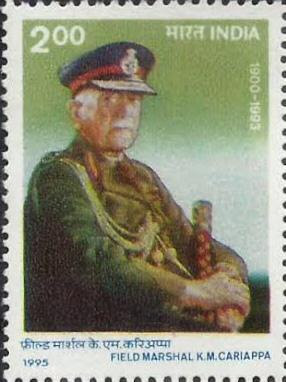The first Academy Awards, officially known as the 1st Academy Awards, were presented on May 16, 1929, in a private dinner ceremony at the Hollywood Roosevelt Hotel in Los Angeles, California. Although the awards ceremony took place on May 16th, the awards recognized films released between August 1, 1927, and August 1, 1928.
The Academy Awards were organized by the newly-formed Academy of Motion Picture Arts and Sciences (AMPAS), an organization created to recognize excellence in the film industry. The awards were intended to honor achievements in various categories, including acting, directing, cinematography, and more.
The ceremony itself was relatively low-key compared to modern-day Oscars. The event was not televised, and attendance was limited to around 270 guests. The entire ceremony lasted only 15 minutes, with the winners known in advance. The winners had been announced three months earlier, on February 18, 1929, at a private dinner.
The first Academy Award for Best Picture was presented to the film "Wings," a World War I aviation drama directed by William A. Wellman. The film "Sunrise: A Song of Two Humans" received the unique award for "Best Unique and Artistic Picture," a category that was only presented in the first year.
Other categories included Best Director, which was won by Frank Borzage for "Seventh Heaven," and Best Actor, which went to Emil Jannings for his performances in both "The Last Command" and "The Way of All Flesh." Janet Gaynor won the first-ever Best Actress award for her performances in three films: "Seventh Heaven," "Street Angel," and "Sunrise: A Song of Two Humans."
The Academy Awards have since become an annual tradition and one of the most prestigious awards ceremonies in the film industry, attracting worldwide attention. The awards have expanded to include numerous categories and have evolved into a highly anticipated televised event









